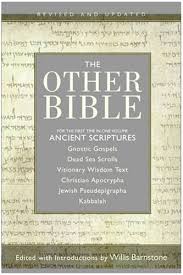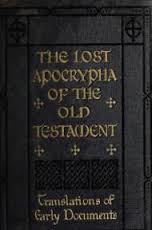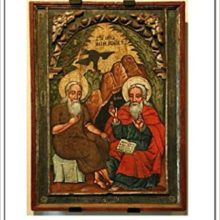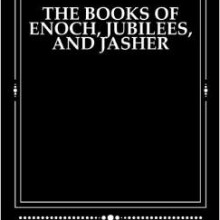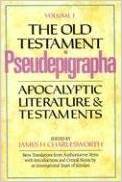Willis Barnstone (born November 13, 1927) is an American poet, memoirist, translator, Hispanist, and comparatist. He has translated the Ancient Greek poets and the complete fragments of the pre-Socratic philosopher Heraclitus (Ἡράκλειτος). He is also a New Testament and Gnostic scholar.
LIFE & WORK
Born in Lewiston, Maine, Barnstone grew up in New York City. He went to the World Series with his father to see Lou Gehrig and Babe Ruth play. He lived on Riverside Drive, facing the Hudson River. One day in spring 1939, Joe the elevator man took him upstairs to Babe Ruth’s apartment on the 18th floor. He was in his boy scout uniform. A newspaperman handed him a pile of baseball diplomas which the Babe would give out the next day at the World’s Fair to raise money for poor school kids. The picture appeared on the front page of the Sunday edition of the New York tabloid The Daily News.He went to Stuyvesant High School, the George School, and Phillips Exeter Academy, and received his B.A. from Bowdoin College in 1948, his M.A. from Columbia University in 1956, and his Ph.D. from Yale University in 1960. He also studied at the University of Mexico, 1947, the Sorbonne, 1948-49, and the School of Oriental and African Studies at the University of London, 1952-53. While in high school and college he worked as a volunteer with the Quaker American Friends Service Committee in Aztec villages south of Mexico City. Addicted to foreign tongues, in 1973 he studied Chinese at Middlebury College in their summer language program. He taught in Greece at the end of the Greek Civil War from 1949 to 1951 and in Buenos Aires during the Dirty War from 1975 to 1976. He was in China in 1972 during the Cultural Revolution. A decade later he was Fulbright Professor of American Literature at Beijing Foreign Studies University, 1984-1985
Willis Barnstone’s first teaching position was instructor in English and French at the Anavryta Classical Lyceum in Greece, 1949-50, a private school in the forest of Anavryta north of Athens, attended by prince Constantine, the later ill-fated king of Greece, who was then nine years old. In 1951 he worked as a translator of French art texts for Les Éditions Skira in Geneva, Switzerland. He taught at Wesleyan University, was O’Connor Professor of Greek at Colgate University, and is now Distinguished Professor Emeritus of Comparative Literature and Spanish at Indiana University where he has been a member of East Asian Languages & Culture, and the Institute for Biblical and Literary Studies. He started Film Studies at Indiana and initiated courses in International Popular Songs and Lyrics and Asian and Western Poetry.
His center is poetry, but his books range from memoir, literary criticism, gnosticism, and biblical translation to the anthologies A Book of Women Poets from Antiquity to Now, 1980 (with Aliki Barnstone) and Literatures of Asia, Africa, and Latin America, 1998 (with Tony Barnstone), and collections of photography and drawings. Funny Ways of Staying Alive, Poems and Ink Drawings, 1993, contains 103 dry brush drawings. His New Faces of China, 1973, a volume of photographs and facing poems, reveals China during the catastrophic Great Proletarian Cultural Revolution. Children play and smile wildly while austere adults, in identical prisonlike attire, sit on the pavement in empty Tiananmen Square.
